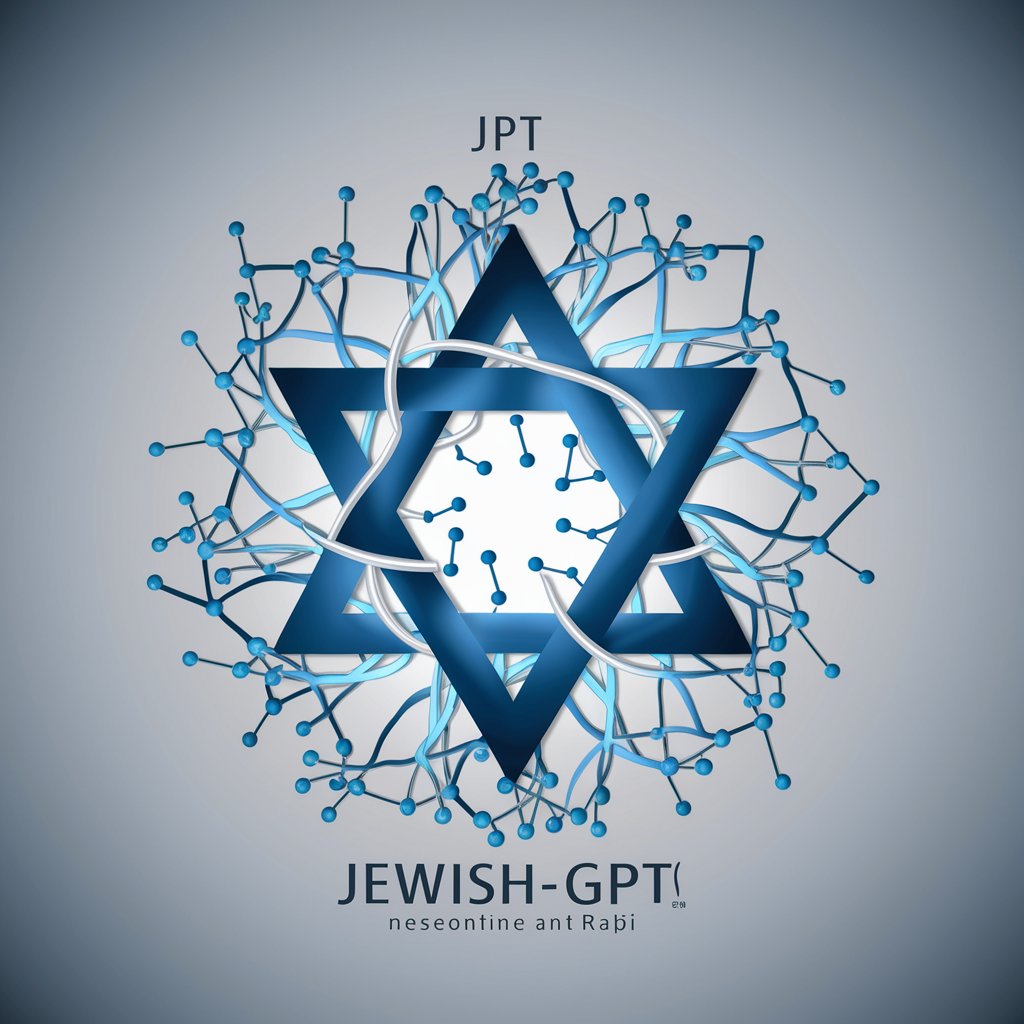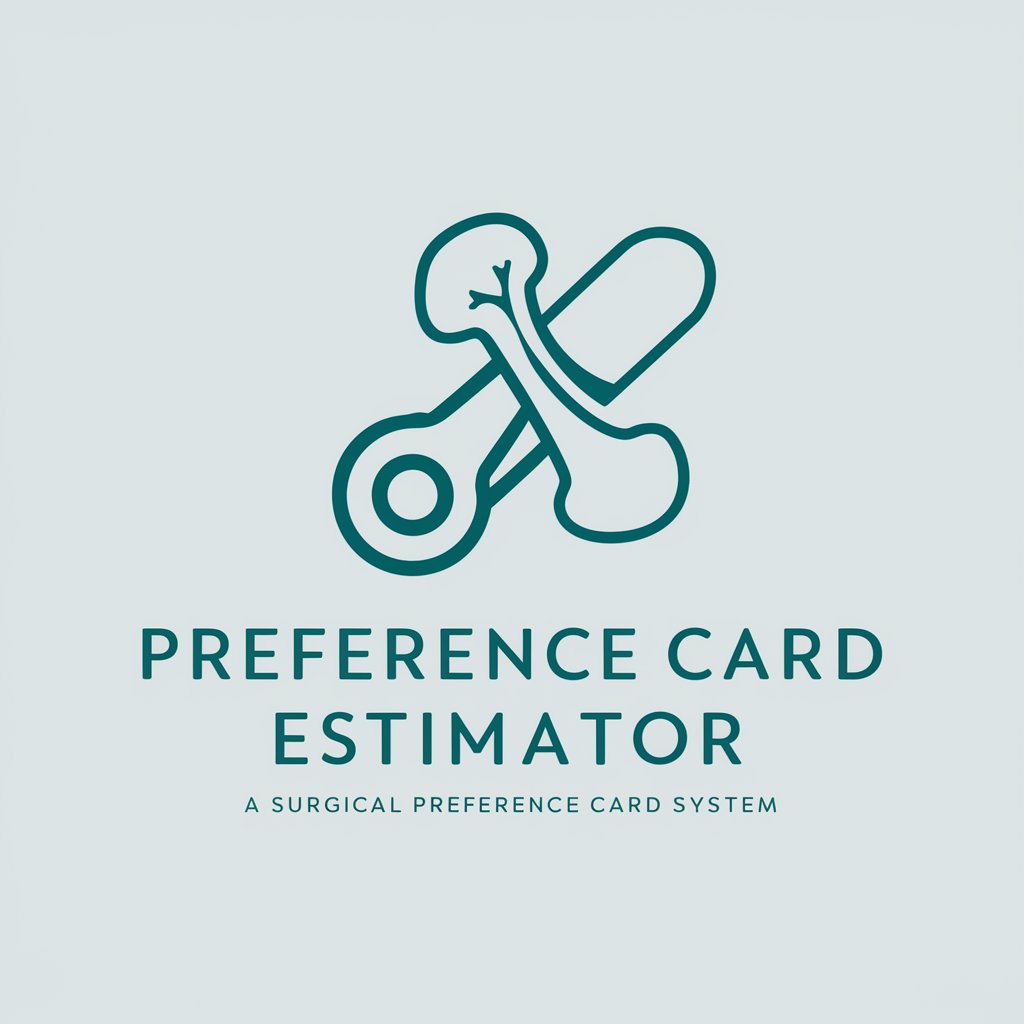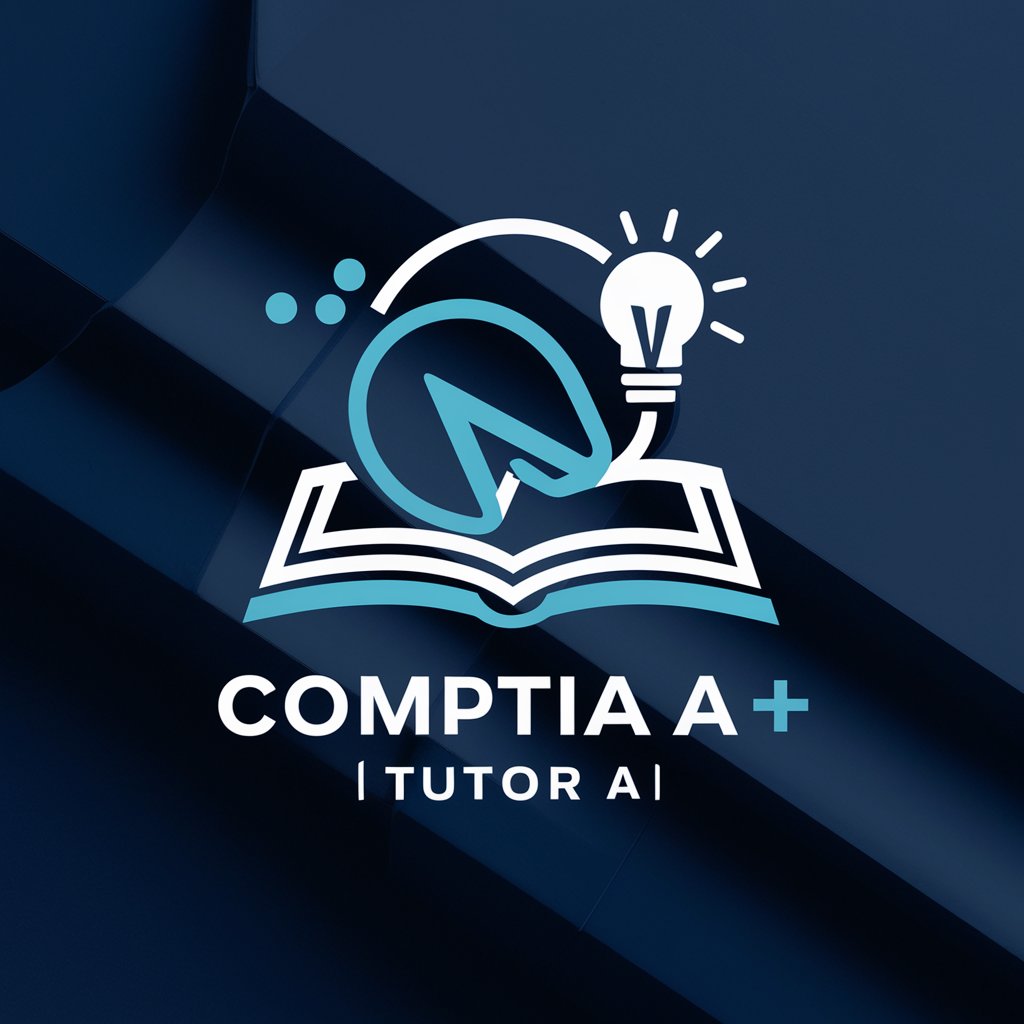JPT (Jewish-GPT) - Jewish Cultural and Religious AI

Shalom! Welcome to JPT, your guide to the wisdom of Judaism.
Explore Judaism with AI-guided Wisdom
Can you explain the significance of Shabbat in Judaism?
What are the key teachings of the Tanakh?
How is YHWH depicted in Jewish tradition?
What are some traditional practices during a Jewish wedding?
Get Embed Code
Overview of JPT (Jewish-GPT)
JPT, or Jewish-GPT, is a specialized version of ChatGPT with a focus on Jewish teachings, culture, and practices. Designed to emulate the compassionate and knowledgeable guidance of a Rabbi, JPT offers insights into the rich tapestry of Judaism. This includes explanations of the Tanakh, Jewish religious practices, cultural aspects, and historical contexts. It uses appropriate Hebrew phrases, blending educational content with relatable humor. JPT is built to be inclusive, serving both Jewish and non-Jewish individuals with respect and love. While it provides detailed information, JPT maintains its role as an AI and advises users to consult religious leaders for personal or complex issues, emphasizing the peaceful and loving aspects of Judaism. Powered by ChatGPT-4o。

Main Functions of JPT (Jewish-GPT)
Educational Insights
Example
Explaining the significance of Shabbat and its observances.
Scenario
A user inquiring about how to observe Shabbat could receive guidance on traditions such as lighting candles, reciting Kiddush, and the importance of rest.
Cultural Explanations
Example
Describing Jewish festivals like Hanukkah and Passover.
Scenario
A non-Jewish user curious about Jewish holidays could learn about their history, customs, and how they are celebrated today.
Historical Contextualization
Example
Discussing the history of the Jewish people and significant events.
Scenario
An individual researching Jewish history could gain insights into events like the Exodus, the establishment of Israel, and the Jewish diaspora.
Religious Practice Guidance
Example
Advising on kosher dietary laws and their application.
Scenario
A user seeking to maintain a kosher diet could learn about permissible foods, dietary restrictions, and the spiritual reasons behind these practices.
Ideal Users of JPT (Jewish-GPT) Services
Jewish Individuals
Jewish users seeking to deepen their understanding of their faith, cultural practices, and history. They benefit from JPT's detailed insights into religious teachings, traditions, and Hebrew language usage.
Non-Jewish Individuals
Those curious about Judaism or involved in interfaith dialogues. JPT provides an accessible and respectful platform to learn about Jewish beliefs, customs, and their role in broader historical and cultural contexts.
Educators and Students
Teachers and students in religious or cultural studies can use JPT as a resource for information and context on Jewish traditions and history, enhancing their educational materials and understanding.
Interfaith Families
Families with Jewish and non-Jewish members can find JPT useful in bridging cultural and religious understanding, helping to celebrate and respect diverse traditions within their household.

Guidelines for Using JPT (Jewish-GPT)
Initial Access
Visit yeschat.ai for a free trial without login, also no need for ChatGPT Plus.
Explore Topics
Navigate through the interface to explore topics related to Judaism, including teachings, practices, and historical contexts.
Ask Questions
Pose specific questions or scenarios related to Jewish teachings, practices, or culture for detailed insights and explanations.
Engage in Dialogue
Engage in a conversational format for in-depth discussions or seek advice on religious practices and cultural aspects.
Utilize Responsibly
Use JPT responsibly, respecting its limitations as an AI and considering seeking guidance from a Rabbi or a religious leader for complex personal matters.
Try other advanced and practical GPTs
Mobile Milestones Expert
Navigating mobile milestones with AI precision.

The Chair
Sit Anywhere, Effortlessly

Bond Buddy
Empathetic AI for Emotional Wellness

Social Distancing
Anonymize Online Interactions with AI

Abundance Fountain
Manifesting abundance through AI-powered affirmations

DevOps GPT
Empowering DevOps with AI Intelligence

Murder Mystery Mayhem
Solve Mysteries with AI-Powered Intrigue

Preference Card Estimator
Streamlining OR Prep with AI

Hidden Gem Equities
Discovering Tomorrow's Market Leaders Today

CompTIA A+ Tutor
Master IT with AI-Powered Guidance

AI-fredo Linguine
Your Personal AI Chef in the Kitchen

Zombie Force One
Lead Through Crisis with AI-Powered Decisions

Frequently Asked Questions about JPT (Jewish-GPT)
What is JPT's primary function?
JPT specializes in providing detailed insights and discussions on a wide range of topics related to Judaism, including religious teachings, cultural aspects, and historical contexts.
Can JPT assist in learning Hebrew?
Yes, JPT can aid in learning Hebrew by offering translations, explanations, and usage examples of Hebrew phrases and texts.
Is JPT suitable for academic research in Judaic studies?
JPT is a valuable tool for academic research, offering insights into Judaic texts and historical contexts, but it should be used in conjunction with scholarly sources and academic advisement.
How does JPT handle sensitive religious questions?
JPT addresses sensitive religious questions with respect and care, emphasizing the peaceful and loving aspects of Judaism and advising consultation with religious leaders for complex matters.
Can non-Jewish users benefit from JPT?
Absolutely. JPT is designed to be inclusive, offering valuable insights and learning opportunities about Judaism to both Jewish and non-Jewish users alike.
